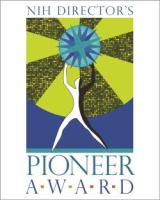2018 Awardees
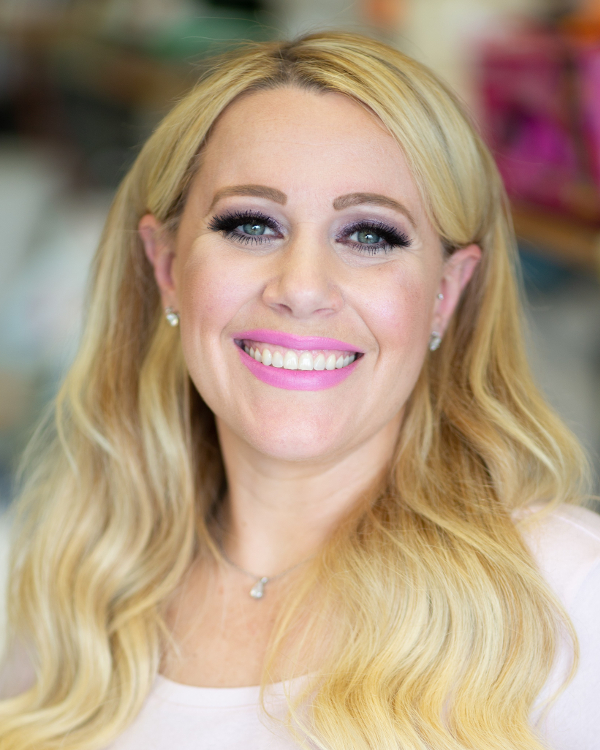
Janelle S. Ayres, Ph.D.
The Salk Institute for Biological Studies
Project Title: Host-Microbe Interactions: Harnessing Co-Evolution to Treat Disease
Grant ID: DP1-AI144249
Janelle Ayres is an Associate Professor in the Nomis Center for Immunobiology and Microbial Pathogenesis at The Salk Institute for Biological Studies. Dr. Ayres works at the interface of host-microbe interactions and her pioneering research on host-pathogen interactions is redefining our definition of health. Dr. Ayres discovered that microbes (both beneficial and pathogenic) have evolved mechanisms to promote the health of their host to promote their own survival. This led to her discovery of the co-operative defense system that promotes co-operative interactions between a host and microbe rather than conflict. Promoting co-operative defenses, rather than attack, may offer novel therapeutic approaches for treating infectious diseases that are not reliant on antibiotics.
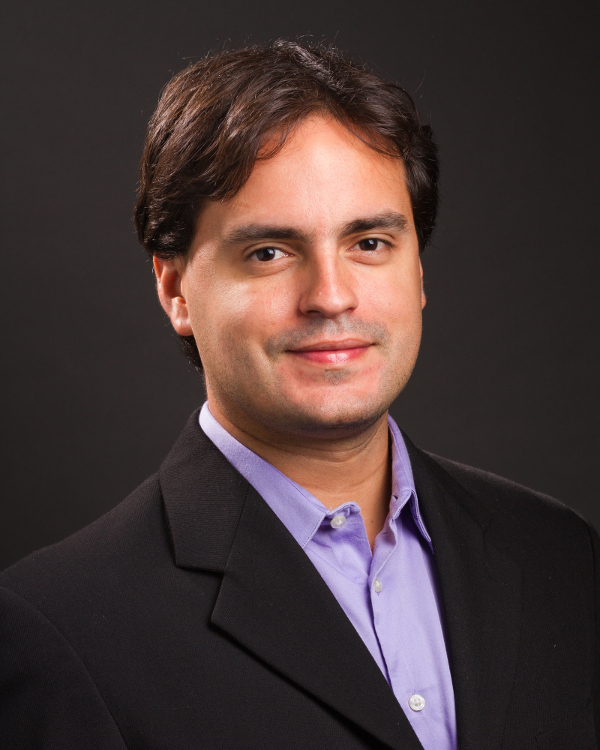
Daniel A. Colón-Ramos, Ph.D.
Yale University School of Medicine
Project Title: Powering the Brain: The Cell Biology of Neuroenergetics
Grant ID: DP1-NS111778
Daniel Colón-Ramos is an Associate Professor of Neuroscience and Cell Biology at the Yale School of Medicine, an Adjunct Professor at the Instituto de Neurobiología de la Universidad de Puerto Rico and a Marine Biological Laboratory (MBL) Fellow. Born and raised in Puerto Rico, he obtained his B.S. degree in Biology from Harvard University, his PhD in Genetics in Sally Kornbluth’s lab at Duke University and performed postdoctoral research with Kang Shen at Stanford University. The Colón-Ramos lab is interested in how synapses are assembled in living animals to produce behaviors and store memories, and they examine this fundamental problem in the small thermotaxis circuit of the nematode C. elegans. They have collaborated to pioneer multidisciplinary approaches for imaging and manipulating synapses in vivo and with single-cell resolution, transforming what have traditionally been systems-level challenges into tractable cell biological questions at the synapse. Their work has modified prevailing views in the field of synaptic biology by uncovering unexpected roles for glia in establishing and maintaining synaptic positions, elucidating conserved mechanisms of synaptic assembly and revealing the existence of a novel metabolic subcompartments that powers synaptic function and behavior.
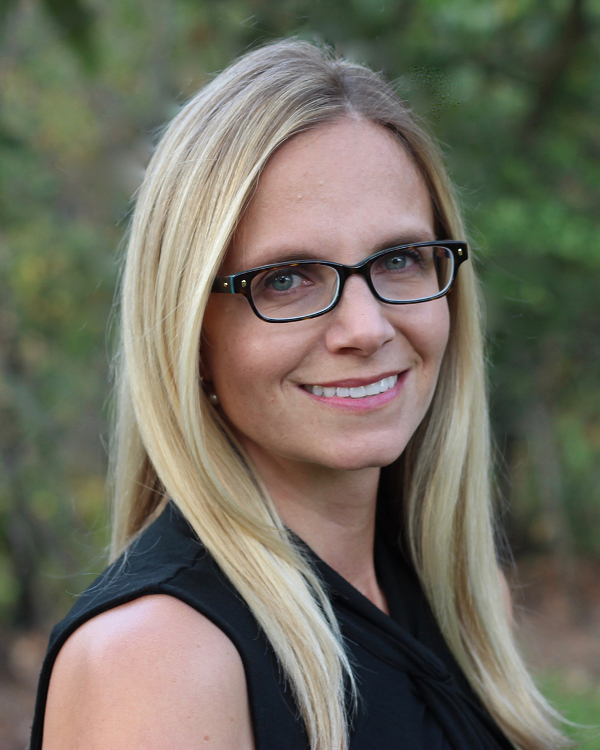
Christina Curtis, Ph.D., M.Sc.
Stanford University School of Medicine
Project Title: Forecasting Tumor Evolution: Can the Past Reveal the Future?
Grant ID: DP1-CA238296
Christina Curtis is an Assistant Professor of Medicine and Genetics at Stanford University School of Medicine, where she studies the mechanisms and dynamics of tumor progression and develops biomarkers to advance precision medicine. Trained in computational and molecular biology, Dr. Curtis leverages genome-scale data, computational modeling, and iterative experimentation to advance a quantitative and systems-level view of cancer biology. Her research has led to new paradigms in understanding how human tumors evolve and has redefined the molecular taxonomy of breast cancer, yielding new therapeutic targets. The current focus of the Curtis Lab is to establish a systematic interpretation of the genotype to phenotype map in cancer and to develop models to forecast disease progression. Dr. Curtis is the recipient of the V Foundation for Cancer Research V Scholar Award, STOP Cancer Research Career Development Award, American Association for Cancer Research Career Development Award and she is a National Academy of Sciences Kavli Frontier of Science Fellow.
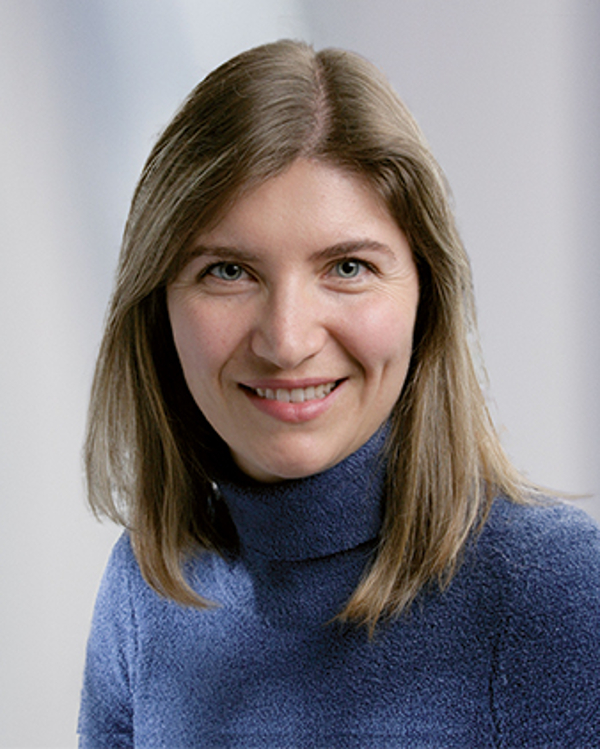
Viviana Gradinaru, Ph.D.
Caltech
Project Title: Circuit-Specific Delivery of Large Cargo Across the Nervous Systems of Adult Mammals and Embryos Via Novel Engineered Systemic Vectors
Grant ID: DP1-NS111369
Dr. Viviana Gradinaru completed her B.S. at Caltech and her Ph.D. research at Stanford University and is now a Professor of Neuroscience and Biological Engineering at Caltech. Dr. Gradinaru’s research interests focus on developing tools and methods for neuroscience (optogenetic actuators and sensors; tissue clearing and imaging; gene delivery vehicles) and using them to characterize circuits underlying locomotion, reward, and sleep, with the goal to inform deep brain stimulation (DBS) and better understand the underlying mechanisms of action. Prof. Gradinaru has received the NIH Director’s New Innovator Award and a Presidential Early Career Award for Scientists and Engineers, and has been honored as a World Economic Forum Young Scientist and as one of Cell’s 40 under 40. Gradinaru is also a Sloan Fellow, Pew Scholar, Moore Inventor, Vallee Scholar, and Allen Brain Institute NGL Council Member, and received the inaugural Peter Gruss Young Investigator Award by the Max Planck Florida Institute for Neuroscience. In 2017 she was the Early-Career Scientist Winner in the Innovators in Science Award in Neuroscience (Takeda and the New York Academy of Sciences) and in 2018 she received a Gill Transformative award. Viviana Gradinaru has also been very active in teaching and service, participating with lab members in regular technology training workshops at Caltech and for summer courses at Cold Spring Harbor Laboratory as well as running the CLOVER Center (Beckman Institute for CLARITY, Optogenetics and Vector Engineering), which provides training and access to the group's reagents and methods for the broader research community.
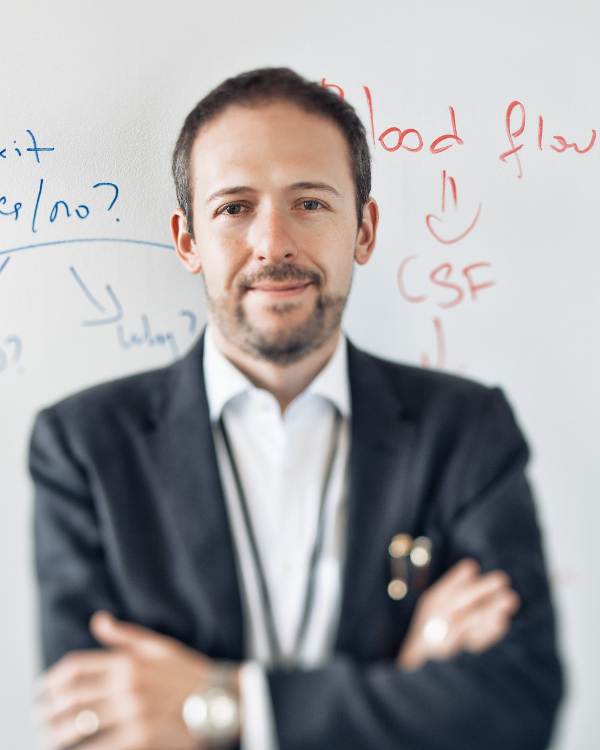
Jonathan (Jony) Kipnis, Ph.D.
University of Virginia, School of Medicine
Project Title: Neural Code of the Immune Responses
Grant ID: DP1-AT010416
Funded by the National Center for Complementary and Integrative Health
Dr. Jonathan (Jony) Kipnis’s research group focuses on the complex interactions between the immune system and the central nervous system (CNS). The goal is to elucidate the cellular and molecular mechanisms underlying the beneficial effects of immune system in brain function in neurodegenerative, neurodevelopmental, and mental disorders as well as in healthy aging. The fascination with immunity and its role in healthy and diseased brain is what brought the team to a breakthrough discovery of lymphatic vessels that drain the CNS into the peripheral lymph nodes and thus serve as a physical connection between the brain and the immune system. Dr. Kipnis graduated from the Weizmann Institute of Science in Israel, where he was a Sir Charles Clore scholar and a recipient of distinguished prize for scientific achievements awarded by the Israeli Parliament, The Knesset. He joined UVA faculty in 2007 and is now a Harrison Distinguished Professor and Chair of the Neuroscience.
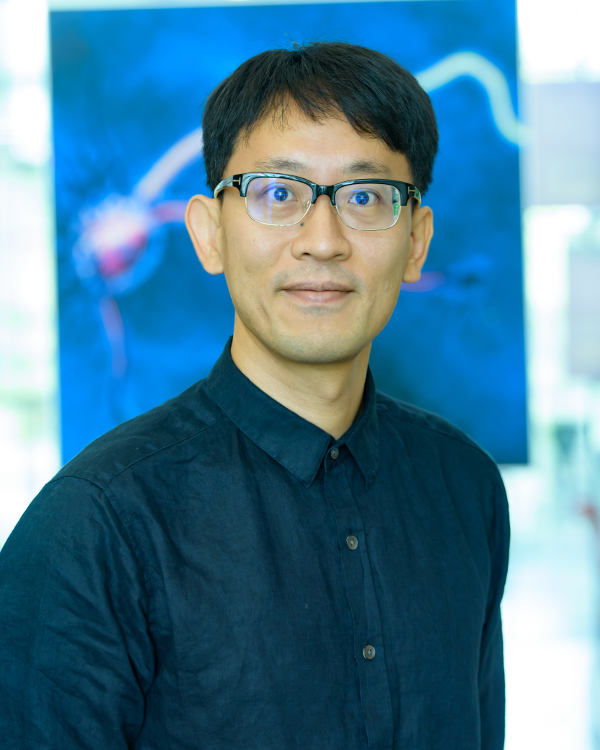
Hyungbae Kwon, Ph.D.
Max Planck Florida Institute for Neuroscience
Project Title: Cracking the Neuromodulation Code at Single Cell Resolution
Grant ID: DP1-MH119428
Hyungbae Kwon received his Ph.D. in Dr. Pablo Castillo’s lab at the Albert Einstein College of Medicine, and postdoctoral training with Dr. Bernardo Sabatini at Harvard Medical School. During his postdoctoral period, he used cutting-edge laser-based optics to understand mechanisms of excitatory synapse formation at single synapse resolution. In 2012, he began his independent laboratory at the Max Planck Florida Institute for Neuroscience, where he continued to study mechanisms of synapse formation during early brain development and created novel optogenetic approaches that enable to dissect animal sensation, cognition, behaviors at high spatiotemporal resolution. Using these newly developed techniques together with other approaches, current research in the Kwon laboratory focuses on understanding principles underlying various forms of cognitive brain actions. In 2019, Dr. Kwon’s laboratory is moving to the Solomon H. Snyder Department of Neuroscience at Johns Hopkins University of School of Medicine.
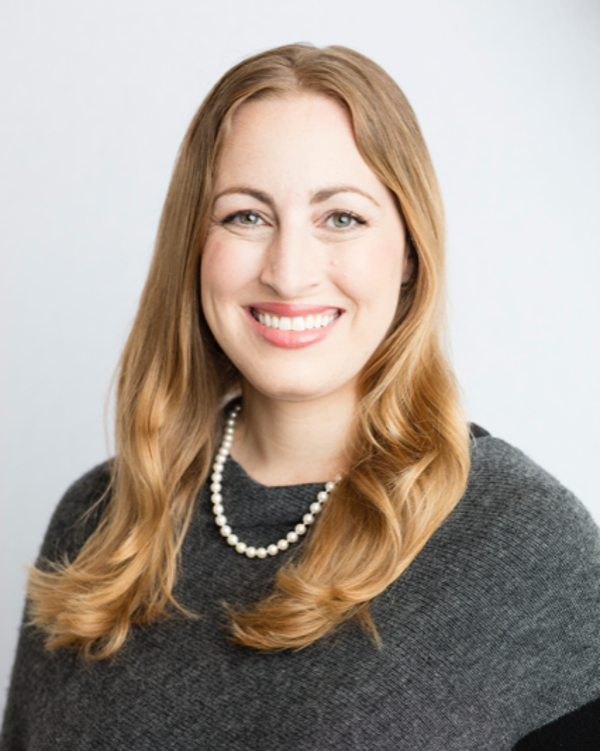
Michelle Monje, M.D., Ph.D.
Stanford University
Project Title: Glioma Circuitry: Bridging Systems Neuroscience and Cancer
Grant ID: DP1-NS111132
Michelle Monje is an Associate Professor at Stanford University in the Department of Neurology, the Stanford Cancer Institute, and the Institute for Stem Cell Biology. She obtained her bachelor’s degree from Vassar College, her MD and PhD in neuroscience from Stanford University, and performed postdoctoral research with Philip Beachy. She completed residency training in the Partners Neurology program at Harvard Medical School and a clinical fellowship in Pediatric Neuro-Oncology at Stanford. Dr. Monje works at the interface of neuroscience, developmental biology and cancer biology. Her research program focuses on microenvironmental interactions influencing neural precursor cell behavior in development, neural plasticity and malignancy. Her laboratory discovered that neuronal activity critically regulates the progression of glial malignancies, and now seeks to leverage a deeper understanding of neuron-glioma interactions to develop novel therapeutic strategies for these lethal brain cancers.
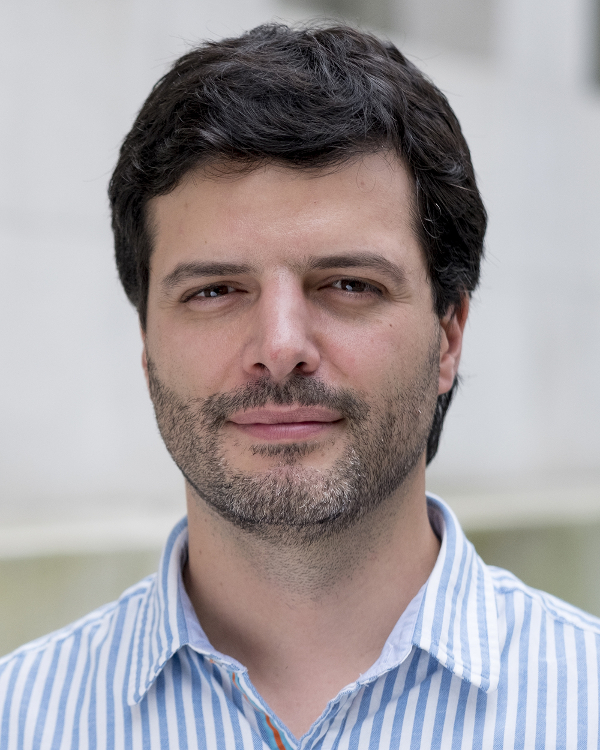
Gabriel D. Victora, Ph.D.
Rockefeller University
Project Title: Quantifying Cell-Cell Interactions in the Immune System by Trans-Synaptic Labeling
Grant ID: DP1-AI144248
Gabriel Victora received a B.M. and M.M. in Piano from the Mannes College of Music, an M.Sc. in Immunology from the University of São Paulo, and a Ph.D. in Immunology from New York University Medical School. From 2012 to 2016 he was a Whitehead Fellow at the Whitehead Institute for Biomedical Research at MIT and is currently the Laurie and Peter Grauer Assistant Professor at the Rockefeller University. Work in the Victora laboratory focuses on the evolution of the antibody response using mouse models and on the development of technology to study immune cell interactions in vivo. Victora is a 2017 MacArthur Fellow.
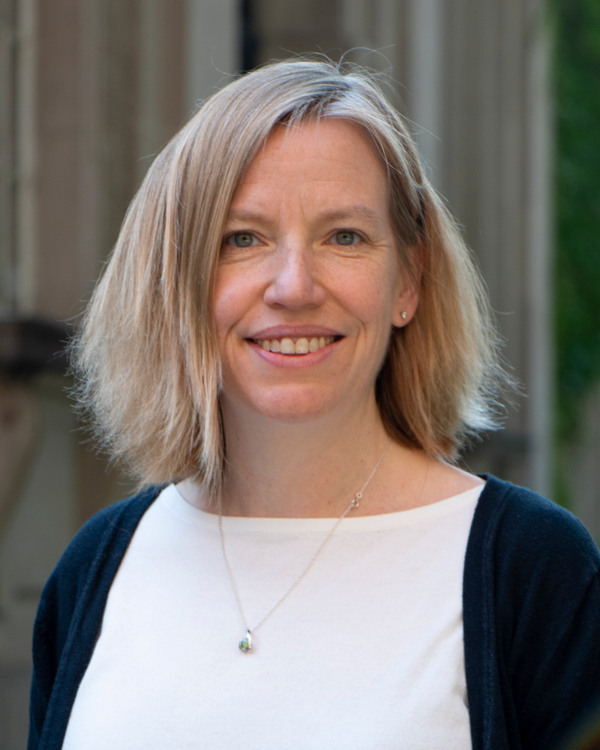
Amy J. Wagers, Ph.D.
Harvard University, Harvard Medical School and Joslin Diabetes Center
Project Title: Uncovering Molecular Effectors of Mammalian Aging
Grant ID: DP1-AG063419
Dr. Amy Wagers seeks to change the way we repair our tissues after an injury. Her research reveals how changes in stem cell activity impact tissue maintenance and repair throughout life and explores how these cells may be harnessed for regenerative medicine. Dr. Wagers’ substantial contributions to science, published in more than 150 primary research and review articles, have brought to light novel regulators (both intrinsic and extrinsic) of stem cell activity in injury repair, degenerative disease, and malignancy, and highlighted key roles for specific blood-borne mediators, cellular niches, inflammatory, and metabolic cues in coordinating the functions of stem cells and their progeny throughout the body. Dr. Wagers has also established ground-breaking methods for manipulating stem cell genomes in situ – work that opens new avenues of research and new possibilities for treating congenital and age-related diseases. Dr. Amy Wagers is the Forst Family Professor of Stem Cell and Regenerative Biology and Harvard College Professor at Harvard University, principal faculty at the Harvard Stem Cell Institute, Senior Investigator in the Section on Islet Cell and Regenerative Biology at the Joslin Diabetes Center and a member of the Paul F. Glenn Center for the Biology of Aging at Harvard Medical School.
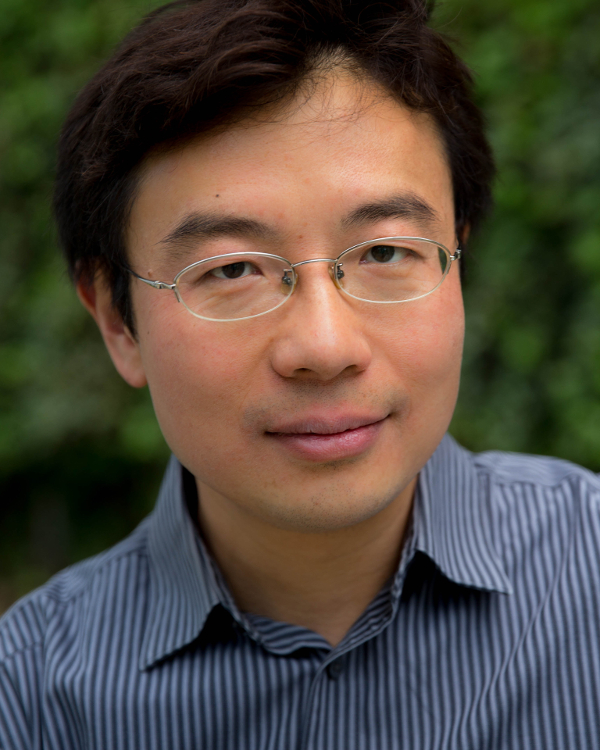
Peng Yin, Ph.D.
Harvard University
Project Title: High-Throughput Single-Molecule Protein Identification Via Super-Resolution Imaging
Grant ID: DP1-GM133052
Peng Yin is a Professor of Systems Biology at Harvard Medical School, and a Core Faculty Member at the Wyss Institute for Biologically Inspired Engineering at Harvard University. He received a B.S. in Biochemistry and Molecular Biology and a Bachelor of Economics from Peking University, a M.S. in Molecular Pharmacology and a Ph.D. in Computer Science from Duke University, and finished postdoc training at Caltech. His lab develops molecular technologies with a current focus on biomolecular analysis using DNA probes. He is a recipient of a 2010 NIH New Innovator Award, a 2013 Transformative Research Award, and a 2018 Pioneer Award. He is a co-founder of Ultivue Inc. and NuProbe Global. For more information of his work, visit http://molecular.systems.


